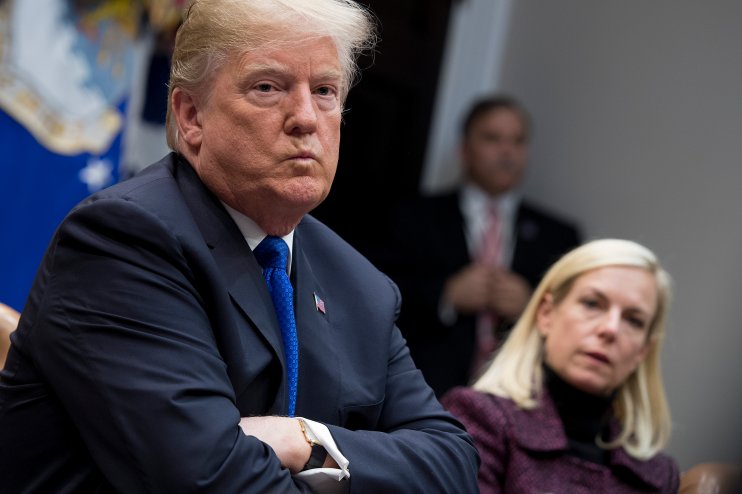US employment reaches new high as country adds 164,000 jobs in July

The United States added 164,000 jobs last month, suggesting the economy is cooling but not as much as analysts had feared.
The gain was well down on June’s figure of 224,000, but was roughly in line with economists’ forecasts of around 165,000 for July.
Read more: FTSE 100 sinks into red on Trump’s threat to impose fresh China tariffs
Unemployment remained flat at 3.7 per cent, while average hourly earnings rose 3.2 per cent year-on-year and 0.3 per cent on the previous month.
A wider measure of unemployment that includes so-called discouraged workers and underemployed people, sometimes called the “real” unemployment rate, dropped to 7 per cent, the lowest reading since December 2000.
The figures come days after the US Federal Reserve cut interest rates for the first time since the financial crisis, citing signs of slowing global growth.
They also come amid concerns the US economy could fall into a recession next year, in part down to the trade war with China.
President Donald Trump yesterday threatened to ratchet up even more tariffs on Chinese goods.
Trump said he would impose a further 10 per cent tariff on $300bn worth of Chinese imports from September and could raise them further if China’s President Xi Jinping fails to agree a trade deal quickly.
It extends tariffs to nearly all of China’s imports into the US and ends a temporary truce to the trade war that has disrupted financial markets.
Marina Mensah-Afoakwah, senior economist at the Centre for Economic and Business Research, said: “Today’s results come amidst wider concerns of a slowdown in the US economy. The jobs growth number this month may therefore provide some comfort.
“However, headwinds to the US economy could develop quickly if recent signs from the latest US-China trade talks are anything to go by.
Read more: Oil prices bounce back after Donald Trump’s China tariffs send them plummeting
“The announcement of a new round of tariffs, as well as signs of weakness in its manufacturing sector, will add to worries that economic growth – which is strongly linked to the labour market – could be subdued for the remainder of the year.
“By the time it meets again in September, the Fed may still be facing calls for further monetary policy stimulus.”
Guy Foster, Head of Research at Brewin Dolphin, said: “The employment report looked soft. Underwhelming expectations were just about met with Federal employment chipping in unexpectedly. But previous months were downgraded and the average workweek shortened.
“While trade wars might be easy to win many more wins like this and the President may find his economy ruined. A second month of manufacturing gains was reassuring for a sector which has really struggled this year.”